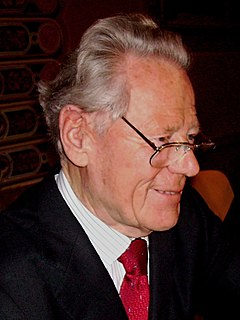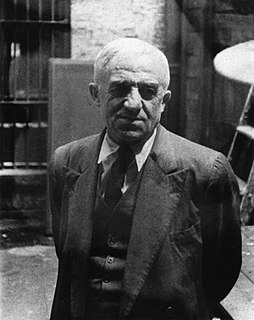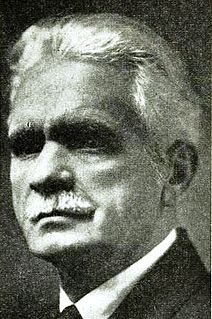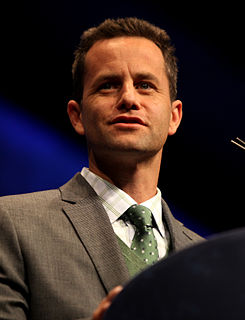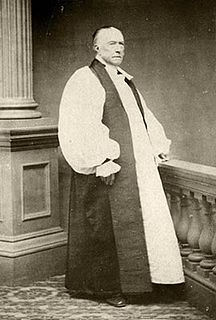A Quote by Martin Luther
The fact that the biblical book Hebrews is not an epistle of St Paul, or of any other apostle, is proved by what it says in chapter two.
Related Quotes
For St. Paul only says that it is better to be married than to burn. Now I presume that if that apostle had known that providence would at an after day be so kind to any particular set of people as to furnish them with other means of extinguishing their fire than those of matrimony, he would have earnestly recmmended them to their practice.
The best definition I can find of faith is the dependence upon the veracity of another. The Bible definition in the 11th chapter of Hebrews is, 'Faith is the substance of things hoped for, the evidence of things not seen.' In other words, faith says amen to everything that God says. Faith takes God without any ifs, If God says it, Faith says I believe it; Faith says amen to it.
Striding tall through Lauren St John's gorgeously written memoir is her father, and chapter after chapter their relationship is untangled and celebrated. Joy and a hunger for life infuse this book -- whether St John is writing about the harrowing years of Rhodesia's civil war, her childhood adventures in the bush, or the breaking apart of her family. Rainbow's End is a most generous and wise book.
Although I don't know Paul McCartney, a mutual friend told me that Paul was reading my book, This Is Your Brain on Music, and stopped after chapter two. McCartney said he was concerned that if he learned more about how he does what he does (as far as composing music), he may not be able to do it anymore!
Did Ethan Smith's View of the Hebrews furnish structural material for Joseph Smith's Book of Mormon? It has been pointed out in these pages that there are many things in the former book that might well have suggested many major things in the other.Not a few things merely, one or two, or half dozen, but many; and it is this fact of many things of similarity and the cumulative force of them that makes them so serious a menace to Joseph Smith's story of the Book of Mormon's origin
I love a statement by the apostle Paul, in the Book of Philippians in the Bible. I think the Corinthians had been writing to Paul, telling him that old men were chasing young women, nobody was tithing - and all that must have run Paul crazy. He wrote back and said, "If there be anything of good report, speak of these things." That's one of my principles.It's another discipline that I encourage myself to employ - to, as much as possible, say the courteous thing, and then be it.




